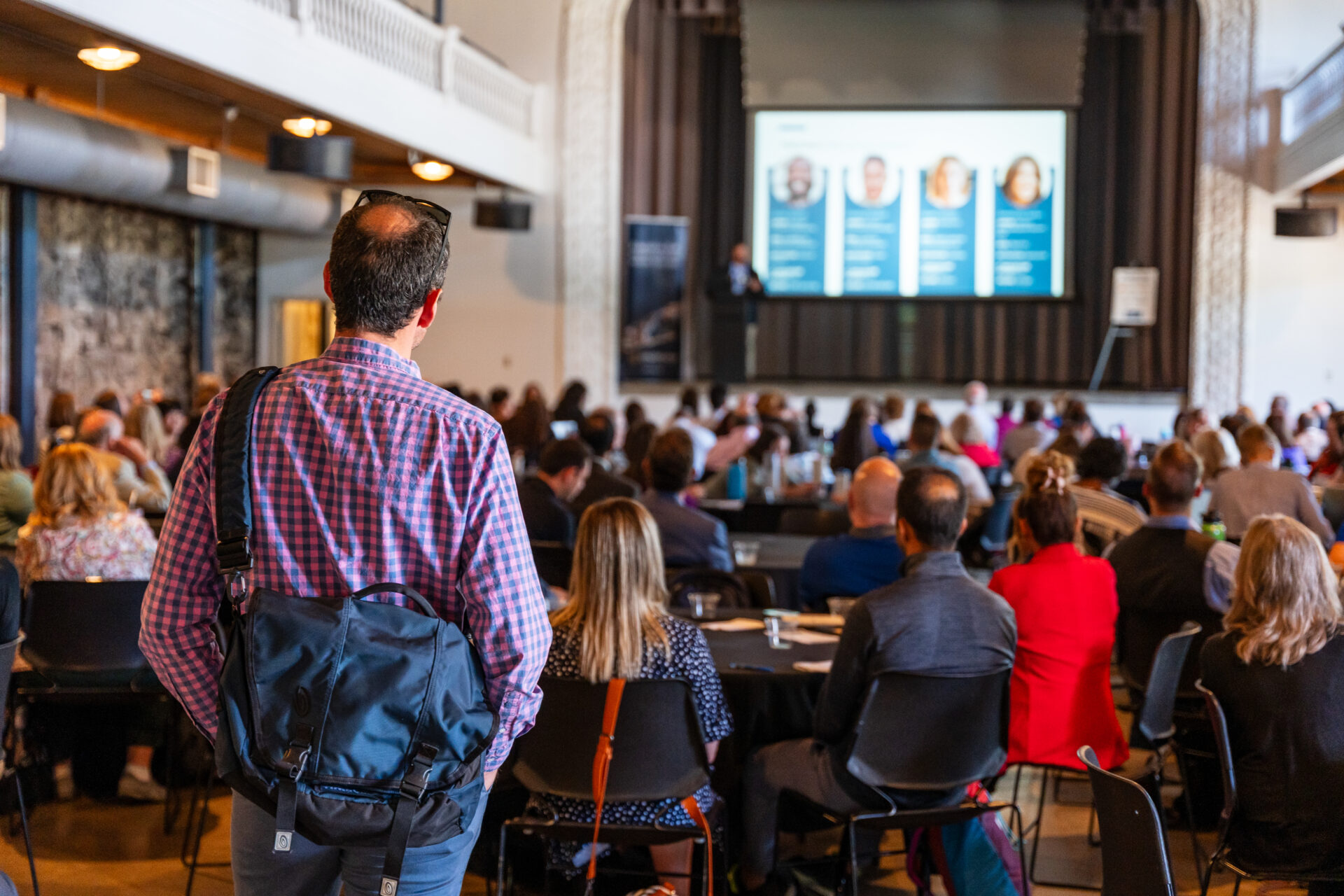Jobs are available but need for an education remains critical
Over the past month, faculty, staff, and students across Colorado and the United States have returned to campuses for the start of another fall semester. We had hoped that this semester would be about new challenges, new opportunities, and new directions. Instead, we face another semester dealing with—and sometimes disagreeing about—vaccines, testing, face masks, and social distancing. There is no question—the precautions we take and requirements we put into place as campus leaders to make our campuses as safe as possible are an absolute priority. Lives are at stake. We should be clear—and the Colorado Community College System is very clear—that safety for our faculty, staff, and students is our top priority.
Education remains the surest and best pathway to a more fulfilling life, but that pathway must be accessible.
We should be equally clear about our mission, which the pandemic has not changed. It is “to provide an accessible… learning environment where our students can achieve their educational, professional and personal goals…”. Education remains the surest and best pathway to a more fulfilling life, but that pathway must be accessible. For community colleges, that means it must be accessible to our unique student body, including single parents, first-generation college attendees, and low-income students. We can unintentionally limit access through the requirements we put in place to respond to the pandemic, just as we would limit access if we allowed tuition to become unaffordable or imposed unnecessary admission standards. Our approach to all those things must be measured, thoughtful, and tailored to our student body.
Of course, “accessible” must also mean safe, and that is the moving target at which we are constantly aiming. If students do not feel safe, they will stay home and forego the opportunity to obtain the one thing that can best help them improve their circumstances—an education. For years, skeptics have suggested that a college education is not necessary for professional success, or worse, that higher education will saddle you with mountains of debt while failing to provide the skills needed to get a better job. The pandemic has amplified those voices. As help wanted signs spring up and many frontline jobs go unfilled, it’s easy to think that the easy route is the correct route, that investing in an education is not necessary.
But history has taught us otherwise. COVID-19 is not the first pandemic, nor will it be the last. Similarly, the economic hardships brought on by COVID-19 are part of an ongoing cycle of recessions. Always, the least educated are hit the hardest. Individuals who were most likely to stay employed and avoid the worst effects of the downturns were those with a postsecondary credential.
Many of our graduates are nurses, respiratory therapists, and other healthcare workers at the forefront of the fight against COVID.
As I write this, we continue to evaluate our requirements around testing, masking, and vaccinating. Some colleges and universities have adopted more stringent requirements and some less. We can’t let arguments about the rightness of any single approach drown out the more important conversation. A postsecondary credential remains the best protection against job losses today and economic hardship in the future, and community colleges provide the most accessible pathways to better lives and healthier communities.
Joe Garcia is the chancellor of the Colorado Community College System. He was the lieutenant governor of Colorado and the executive director of the Colorado Department of Higher Education from 2011-2016.
